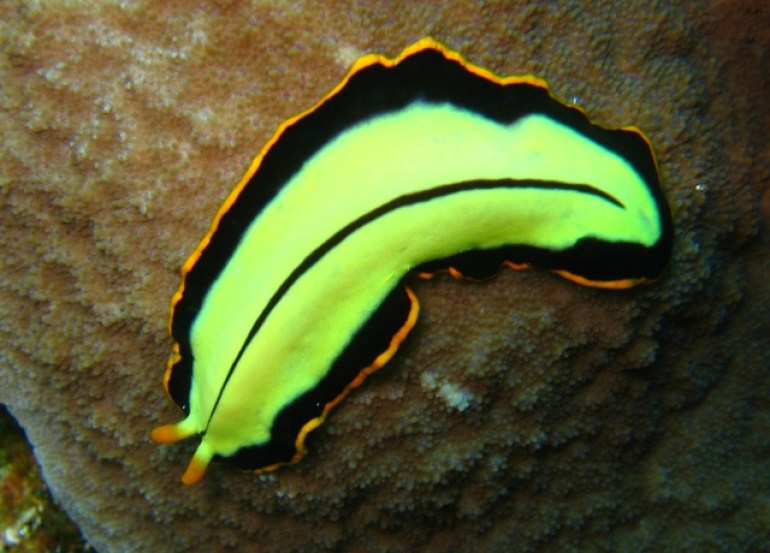A recent study from Washington University explores ways in which parasites will respond to climate change, and offer new insights into disease transmission.
The researchers had previously had doubts about the spread of parasites and diseases due to the increasing events of warming in size and intensity, threatening many ecosystems around the world.
The study, published in Trends in Ecology and Evolution on May 18, is adopting previous research by adding nearly two decades of new evidence to building a framework that clarifies the relationship between the parasite and the host under the influence of climate fluctuations.
Extreme climate and its impact
Traditionally, climate-related research is carried out over long periods of time, but this unique approach examines how extreme and frequent warming events change the parasitic transmission.
"A lot of what is known about how living organisms and ecosystems respond to climate change has focused on gradual warming," says lead researcher, postdoctoral researcher at Washington University College in Aquatic and Fishery Sciences, Daniel Clare.
However, climate change not only causes gradual warming that occurs over time, but also increases the frequency and magnitude of extreme events, such as heat waves.
Klar explained that both gradual and extreme warming can have an impact on ecosystems, but they affect them in different ways.
Living organisms may be able to adapt and cope with gradual warming, but acute warming can have sudden and profound effects.
Extreme warming and the starfish
Between 2013 and 2015, the Northeast Pacific witnessed an unprecedented period of abnormal warm water, referred to as the "Warm-Water Blob", and described as the largest recorded marine heat wave.
It is one of the extreme and extreme warming events that have been linked to the elimination of a huge number of "starfish" along the Pacific coast of the United States and Canada.
Many starfish species, including the large sunflower starfish, have been eradicated by the epidemic of Sudden Wasting.
The researchers believe that the abnormal warm water associated with the "warm water bubble" caused the spread of the starfish Densovirus virus, which is believed to be the cause of the disease.
Various responses
Not all extreme warming events will result in the same response. What may benefit a specific parasite or a host in one system can be harmful in another system.
The warming can alter the life cycle of the parasite, limit the range of suitable host species, or even weaken the host's immune response.
Some flatworms that target wildlife and humans cannot survive in warm water, which reduces their ability to infect the host.
"The relationships between the hosts, the parasites and the communities in which they live are complex and dependent on many factors, which makes it difficult to predict the results," says Klar. Researchers must make predictions for each individual case.
"It is important that we be able to understand and predict how parasites and disease respond to climate change, so that we can prepare for and mitigate potential impacts on human and wildlife health."

